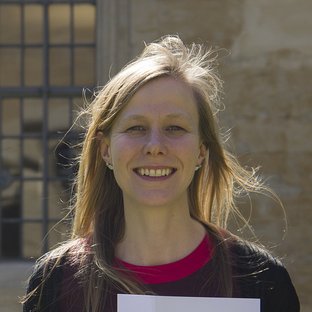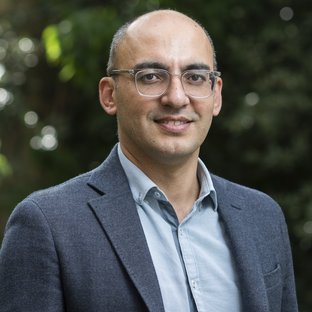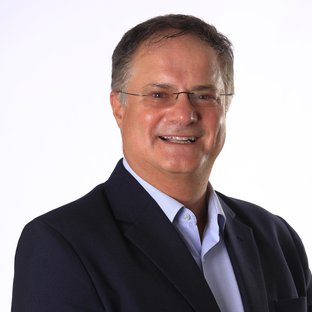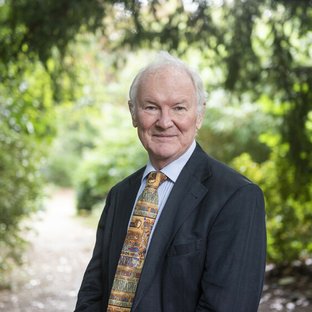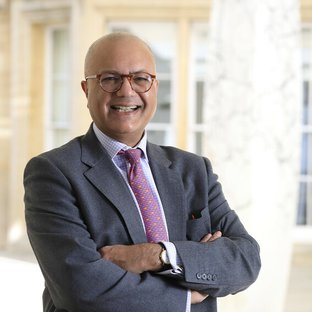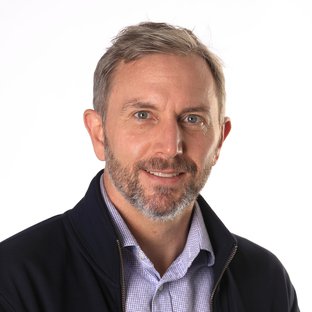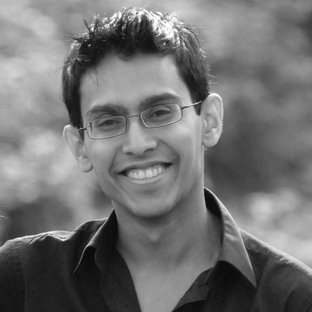Medicine
- St John's accepts 6 medical students per year.
- Successful applicants have a strong academic track record at school, with evidence of independent learning and thinking. In interview, they should be engaging in discussion, and show interest and empathetic engagement in all aspects of biomedical sciences and healthcare practice, including the ethical aspects of patient care. Extracurricular interests show a balanced outlook and the ability to articulate evidence-based views and solving of novel problems is an advantage.
- The entry requirements for this course are determined by the University’s Medical Sciences Division/
- More information about applying to study Human Sciences at Oxford can be found on the Division’s website.
- General advice about applying to St John’s can be found here.
- The University of Oxford's Medical Sciences Division is one of the largest biomedical research centres in Europe, with over 2,500 people involved in research and more than 2,800 students. The University is rated the best in the world for medicine (The Times Higher Education World University Rankings 2016-17), and it is home to the UK’s top-ranked medical school.
- The course has an unashamedly scientific bent, especially during the pre-clinical years. This includes a third year spent conducting research and analysing the scientific literature to gain a greater understanding of a particular area. We feel this approach ultimately produces not only the best clinicians, but also those who will go on to be leaders in their respective fields.
- Preclinical students are supported to remain at St John’s for their clinical studies and receive teaching from Dr Rohan Wijesurendra (a Cardiologist), Dr Violeta Yammine (a Resident Physician) and Professor Jaideep Pandit (Anaesthesia & Critical Care).
- Clinical students have a variety of college teaching opportunities at their disposal: teaching as required from Professor Pandit; an annual Torrance Society study day; and numerous pre-finals tutorials.
- All medical students, preclinical and clinical, are automatically members of the Douglas Society, which hosts a termly speaker dinner to promote discussion of medical issues and interaction between the various years. Clinical medical students are also members of the Torrance Society, whose president is responsible for co-ordinating the clinical teaching with the clinical tutors.
- St John's offers one of the most generous academic grants of any colleges to its students. In addition there is substantial funding for electives and attending conferences. There is also a scheme for clinical students where they are refunded rent in college accommodation when not in residence. St John's is often able to provide accommodation for all 6 years of the medical course.
Given the nature of the course, the vast majority of our students go on to practice medicine. Most tend to stay at the University of Oxford for clinical school and approximately half choose to remain within the Oxford Deanery for Foundation years 1 & 2.
